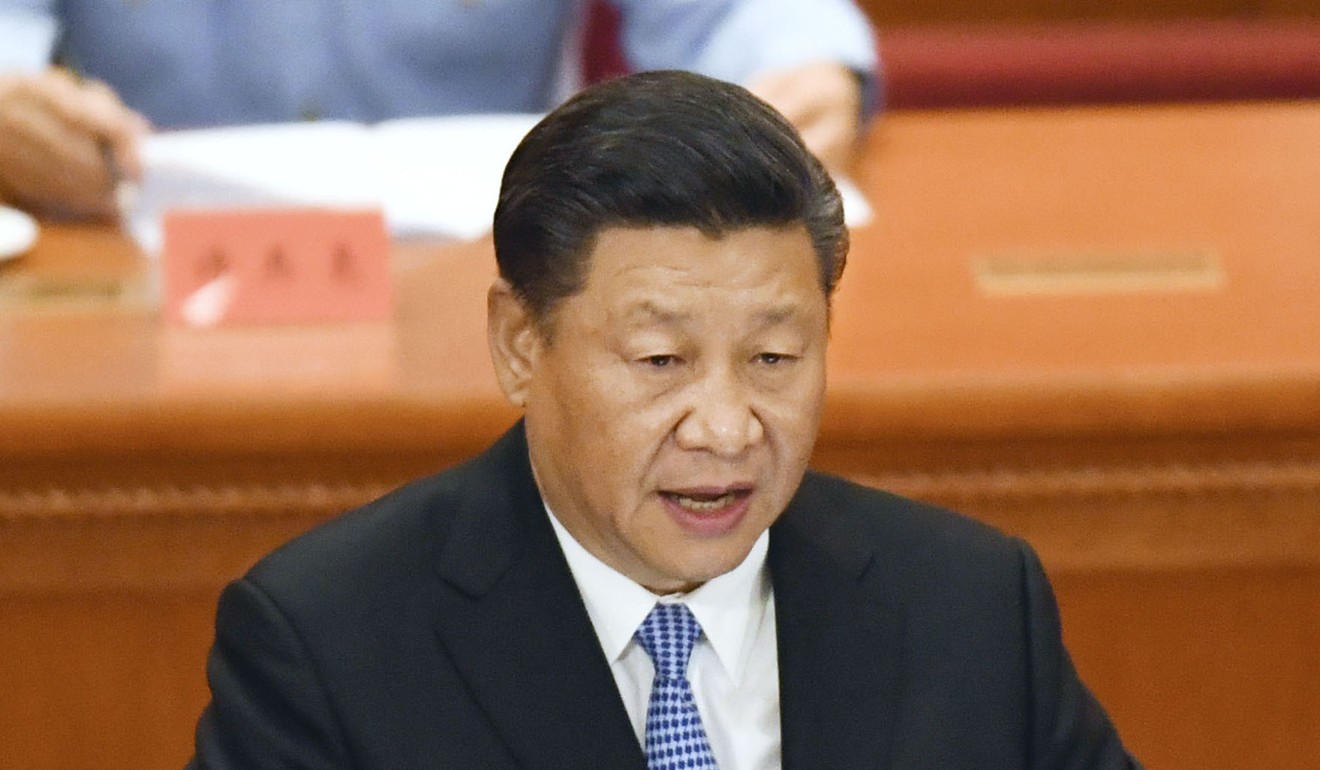
‘First victim’ of China’s new anti-graft agency was ‘left disfigured’ after he collapsed and died during interrogation
Former local government driver had been detained last month as part of investigation into official by super agency
A government contract worker in southeast China has died in detention during a graft probe, the first known death since the country set up its super anti-corruption agency in March.
The death of Chen Yong, 45, a former driver for the Jianyang district government in Nanping, Fujian province, is likely to prompt renewed scrutiny of the watchdog’s powers.
His sister told the mainland news outlet Caixin that she had been shocked to see her brother’s face had been “disfigured” when she went to collect the body.
Chen, who worked for the government between 2006 and 2016, was reported to have been detained last month as part of an investigation into Lin Qiang, one of the district’s deputy directors.
In China, suspected officials’ drivers and personal secretaries are often targeted by investigators looking for evidence.
During the preparations for the establishment of the National Supervisory Commission (NSC), the new super agency responsible for fighting corruption, the authorities made it clear that detainees would not be granted access to lawyers until they had been formally arrested and handed over to prosecutors.
However, it was also announced that there would be rigorous supervision of the agents to safeguard the detainees.
Chen’s wife, identified only by her surname Lin, told the South China Morning Post: “We haven’t heard any explanation yet, but they will set up an investigation team to look into the case.
“They have also promised an autopsy.”
Lin refused to offer more details of the case but she and Chen’s sister have said mainland media reports about his death were accurate.

The sister told Caixin that she had been contacted by the authorities following her brother’s death on Saturday and had been shocked to find him with “a disfigured face”.
Chen’s sister and wife also reported that Chen had bruising around his waist and on his cheek.
The family’s request for a video of the interrogation was denied.
The relatives were told that Chen collapsed while being interrogated around 4pm on Saturday and was rushed to hospital, but he died around four hours later.
Chen’s family said he regularly took medication to control his blood pressure and had problems with his stomach that predated his detention, but had no other known illnesses.
The death of Chen occurred only two months after China adopted a new anti-graft law and established the NSC, which has branches at all levels of governments.
The new agency merged the prosecuting office’s anti-corruption branch with the Communist Party’s disciplinary commission.
The new body and its branches will investigate all party members and government and public officials suspected of involvement in corruption and those offering bribes.
There are hopes that the NSC and a new supervisory law would help to bring the Communist Party’s anti-corruption campaign into line with the country’s laws.

The NSC and its branches will be subject to scrutiny by the legislatures at the different levels of government at which they operate, while investigators will be held accountable if they are found to have tortured suspects.
For decades, the party’s powerful anti-graft watchdog, the Central Commission for Discipline Inspection, operated by using a secretive process known as shuanggui – which literally means confessing matters at a certain time and at a certain location – that allowed them to hold suspects for months without charge and with no legal accountability.
It has been the main tool used in tackling corruption in the world’s second largest economy since President Xi Jinping launched his signature war on graft in 2013, which has brought down scores of “tigers”, or senior officials, as well as many more “flies” at more junior levels.

